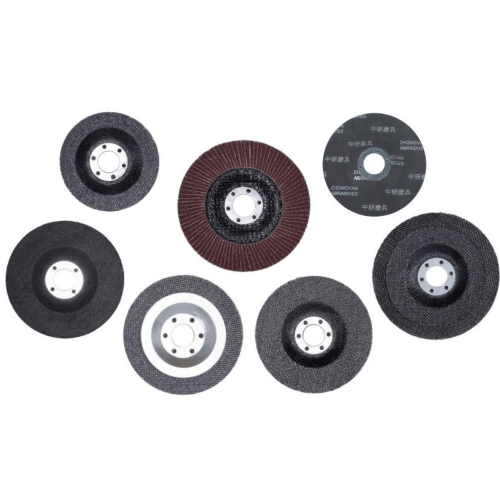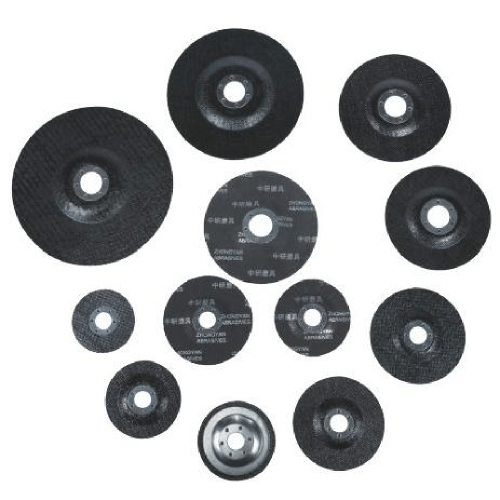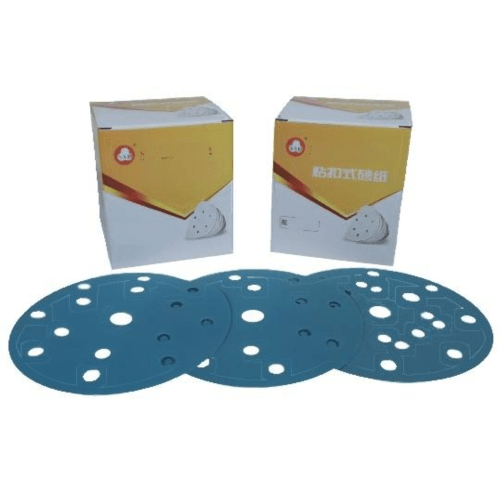wheel certification
Wheel certification represents a comprehensive validation process that ensures wheels meet stringent safety and performance standards across automotive applications. This certification encompasses multiple testing phases, including dynamic load testing, impact resistance evaluation, and material composition analysis. The process utilizes advanced testing equipment and methodologies to verify structural integrity, dimensional accuracy, and compliance with international safety regulations. Modern wheel certification laboratories employ sophisticated 3D scanning technology, computerized stress analysis systems, and automated testing platforms to deliver precise, reliable results. These facilities conduct thorough examinations of wheel design, manufacturing quality, and durability under various simulated conditions. The certification process also includes environmental testing to ensure wheels maintain their structural integrity across different weather conditions and temperatures. Additionally, the certification validates the wheel's compatibility with various vehicle types and examines factors such as load-bearing capacity, fatigue resistance, and corrosion protection. This thorough evaluation helps manufacturers guarantee their products meet or exceed industry standards while providing consumers with confidence in their wheel selection.


